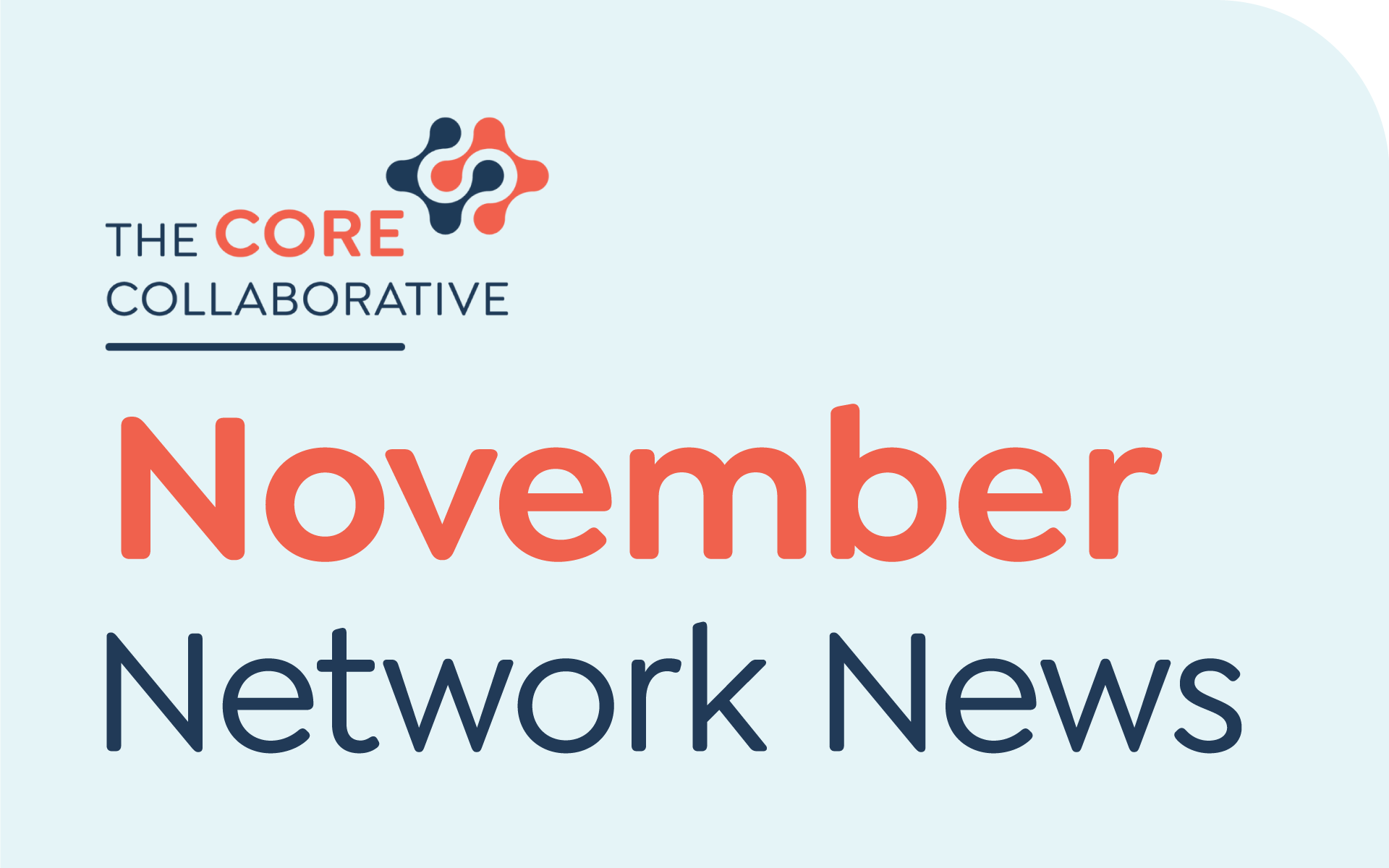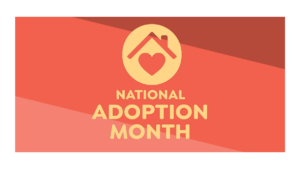Welcome to TCC’s newsletter where we share professional learning insights, highlight our community, and keep you in the loop about upcoming events.

Gratitude
By Virginia Condon, English Teacher & Instructional Coach at Lyons Township High School
As we express our gratitude, we must never forget that the highest appreciation is not to utter words, but to live by them. —John F. Kennedy
Last spring Michael McDowell introduced me to a few short and seemingly simplistic instructional strategies intended to engage students and move them from surface to deep to transfer learning. At the time, I did not realize how transformative these strategies would be, but now I find myself in awe at the immediate and visible impact they have had in my classroom. I am sincerely grateful to Michael and Aaron, the authors of A Visual, Step-By-Step Guide for Re-Envisioning Rigor: Powerful Routines for Promoting Learning at High Levels, for allowing me to enhance my professional practice by implementing “Praise the Pause.”
 Despite my original impression, “Praise the Pause” is not another name for “Wait Time.” “Praise the Pause” provokes critical thinking and accountability by giving students a choice of how to respond to a question and the time to individually respond. There are three self-differentiated options for responding — providing an answer to the question, providing an answer and an example, or asking a question. The strategy can be used at any time during the lesson and it can engage students in transfer learning more quickly.
Despite my original impression, “Praise the Pause” is not another name for “Wait Time.” “Praise the Pause” provokes critical thinking and accountability by giving students a choice of how to respond to a question and the time to individually respond. There are three self-differentiated options for responding — providing an answer to the question, providing an answer and an example, or asking a question. The strategy can be used at any time during the lesson and it can engage students in transfer learning more quickly.
Find out how Mrs. Condon uses this strategy in her AP® English Literature & Composition class at Lyons Township High School and why she is grateful for clear, step-by-step directions for implementing other high-yield strategies.

NEW Visual Guide – Re-Envisioning Rigor Book 1 – Arrives Nov 19
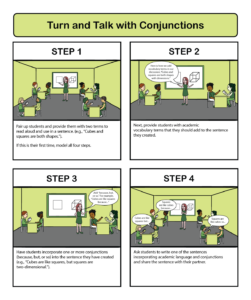 Are you successful in encouraging others to implement highly impactful instructional strategies? Do you have an easy way to teach others strategies for facilitating deep and/or transfer learning?
Are you successful in encouraging others to implement highly impactful instructional strategies? Do you have an easy way to teach others strategies for facilitating deep and/or transfer learning?
Look at the four-block visual demonstrating how to take learning to the deep level with the Turn and Talk with Conjunctions Protocol. This strategy helps students develop complex sentence structures and enhance their communication skills.
- First, students pair up to discuss a topic and collaboratively create a sentence that connects two or more ideas.
- Next, they revise their sentences by incorporating academic language, which encourages precision and clarity in their expression.
- Then students enhance their sentences by adding conjunctions to communicate the relationship(s) between concepts.
- Finally, students share their refined sentences with the whole class, allowing everyone to benefit from diverse perspectives and language use.
We love how authors Michael McDowell and Aaron Eisberg packed 23 other high-yield strategies for engaging students in surface, deep, and transfer learning into A Visual, Step-by-Step Guide for Re-Envisioning Rigor: Powerful Routines for Promoting Learning at High Levels. Each strategy follows the same four-step model and includes guidance for both preparation and implementation. We are confident this new publication will have an impact in schools throughout our learning network!
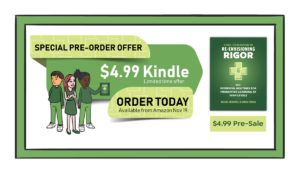
McDowell, M., & Eisberg, A. (2024). A visual, step-by-step guide for re-envisioning rigor: Powerful routines for promoting learning at high levels. Mimi & Todd Press

Micro-Teaching

The Micro-Teaching Protocol offers educator teams a structure to review an instructional practice in action, lift the quality of this practice, and build the capacity of the entire teaching team to implement it effectively.
As described in Leading Impact Teams: Building a Culture of Efficacy and Agency by Paul Bloomberg and Barb Pitchford, micro-teaching begins when the team identifies an instructional practice they would like to improve or study, like the practice described above (Turn and Talk with Conjunctions). Ideally, a team member would offer to record themselves implementing the selected practice, but videos can come from outside the team or school. Next, the team would watch the video evidence together, analyze it, and provide immediate feedback.
Research shows that micro-teaching significantly improves instructional quality by allowing educators to reflect on and refine their practice. Studies have found that it fosters teacher self-confidence, promotes collaborative professional growth, and directly contributes to improved student outcomes. With an effect size of 1.01, micro-teaching is closely aligned with other high-impact strategies examined in John Hattie’s “Visible Learning” research, including feedback, explicit teaching, and peer tutoring (Hattie, 2023).
By concentrating on small, manageable elements of teaching, educators can hone strategies proven to accelerate learning, such as formative assessment and clarity of instruction. This protocol is a critical component of developing high-functioning Impact Teams/PLCs, where collective efficacy drives continuous improvement and better student achievement.
Download a copy of our micro-teaching template to strengthen instruction with your team.

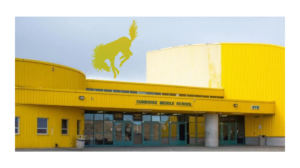 Sunridge Middle School Science Team in Pendleton, Oregon
Sunridge Middle School Science Team in Pendleton, Oregon
We want to highlight the efforts of the Sunridge Middle School Science Team in Pendleton, Oregon. At the onset of the school year, the team utilized the Micro-Teaching Protocol to ensure they established strong classroom routines that would allow the students to answer the question, “Where am I headed in my learning today?”
During micro-teaching, teachers usually observe one of their colleagues, or an outside video, demonstrating a high-yield teaching strategy. However, in the Sunridge Science Team’s case, every teacher brought video evidence of how they began a lesson with clarity; creating opportunities for students to internalize the daily learning goal or objective, co-construct success criteria, and annotate examples. Together they analyzed what worked in each video and synthesized a set of criteria to ensure all students can articulate the learning goal.
Check out the team’s micro-teaching notes to see how they analyzed what they saw and heard to come up with collective actions.
According to Nichole Erwin, a member of the Sunridge Middle School Science Team, “We used the Micro-Teaching Protocol to benefit us as a team of instructors and our students.” Matt Baty, another teacher on the Science Team explains, “The Micro-Teaching Protocol provides our science team with video evidence to analyze. Although filming yourself can be nerve-wracking, sharing our practice is safe because we do so to improve teaching and learning and we provide feedback aligned with our team’s agreements, beliefs, and shared purpose. This process provides everyone who is not recorded with a model to follow. All in all, it brings us closer together and builds collective teacher efficacy.”
This practical, collaborative process has not only expanded teachers’ toolkits but has also fostered a culture of continuous improvement and collegial support amongst the Sunridge Middle School Science Team. We can’t wait to see what they do next!

The dynamic team of Michael McDowell and Aaron Eisberg have been working together and apart across the US and beyond to strengthen PBL and implement high-yield strategies. They are also presenting strategies for dispositional, surface, deep, and transfer learning pulled from the pages of their new book on re-envisioning rigor. Make sure to catch Michael at Learning Forward in Aurora, Colorado on December 10. Join Aaron in Monterey, California November 24-26 at the Lutheran Schools All Workers Conference.

This month we want to focus on two groups and their impact; Native Americans and children and families impacted by adoption.
Native American Heritage Month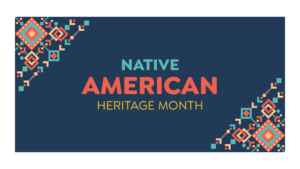
Native Americans have shaped the history, culture, and landscape of this nation through their knowledge, traditions, and resilience. Make time to study and recognize the rich and diverse heritage of Indigenous tribes, recognize their profound influence on arts, sciences, government, and stewardship of the land, and reflect on their enduring legacy. Our TCC team has selected a few children’s books to get these conversations started in your classrooms.
National Adoption Month
November is National Adoption Month, a time to recognize the beauty and strength of adoptive families and the bonds they build. We all know children who have been given the gifts of stability, belonging, and unconditional love. We have selected a few of our favorite books to open up conversations and celebrate the stories of families made whole through adoption.

Nov 7
Newark, NJ
Focus on Innovation & Technology Forum
Enhancing Latino Student Achievement, Multilingualism, and Shaping the Future of Educational Services and Products
INFO
Nov 13-14
Bakersfield, CA
Embrace Equity Symposium 2024
INFO
Dec 08-11
Aurora, CO
Learning Forward
Reach New Heights for Students
INFO


